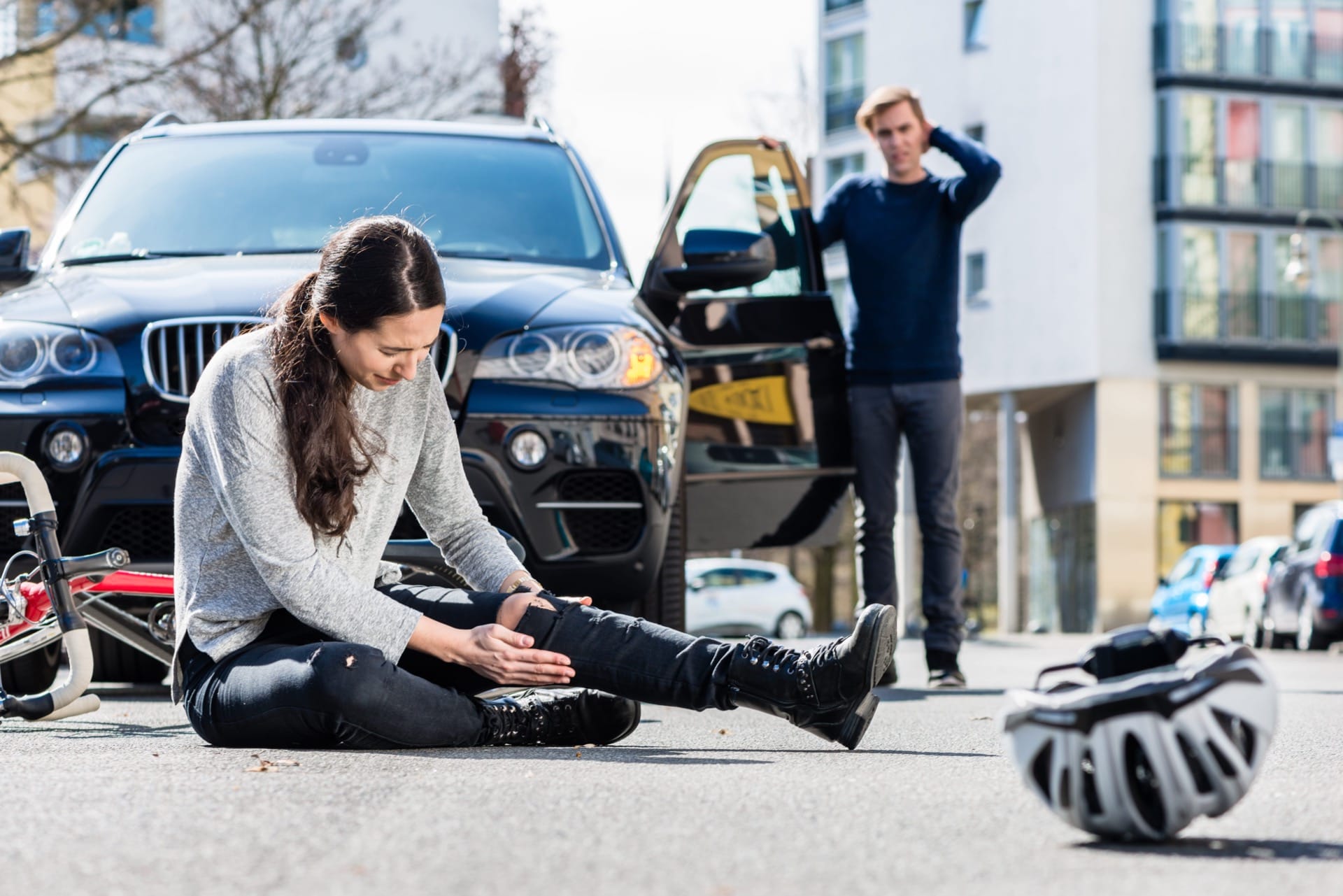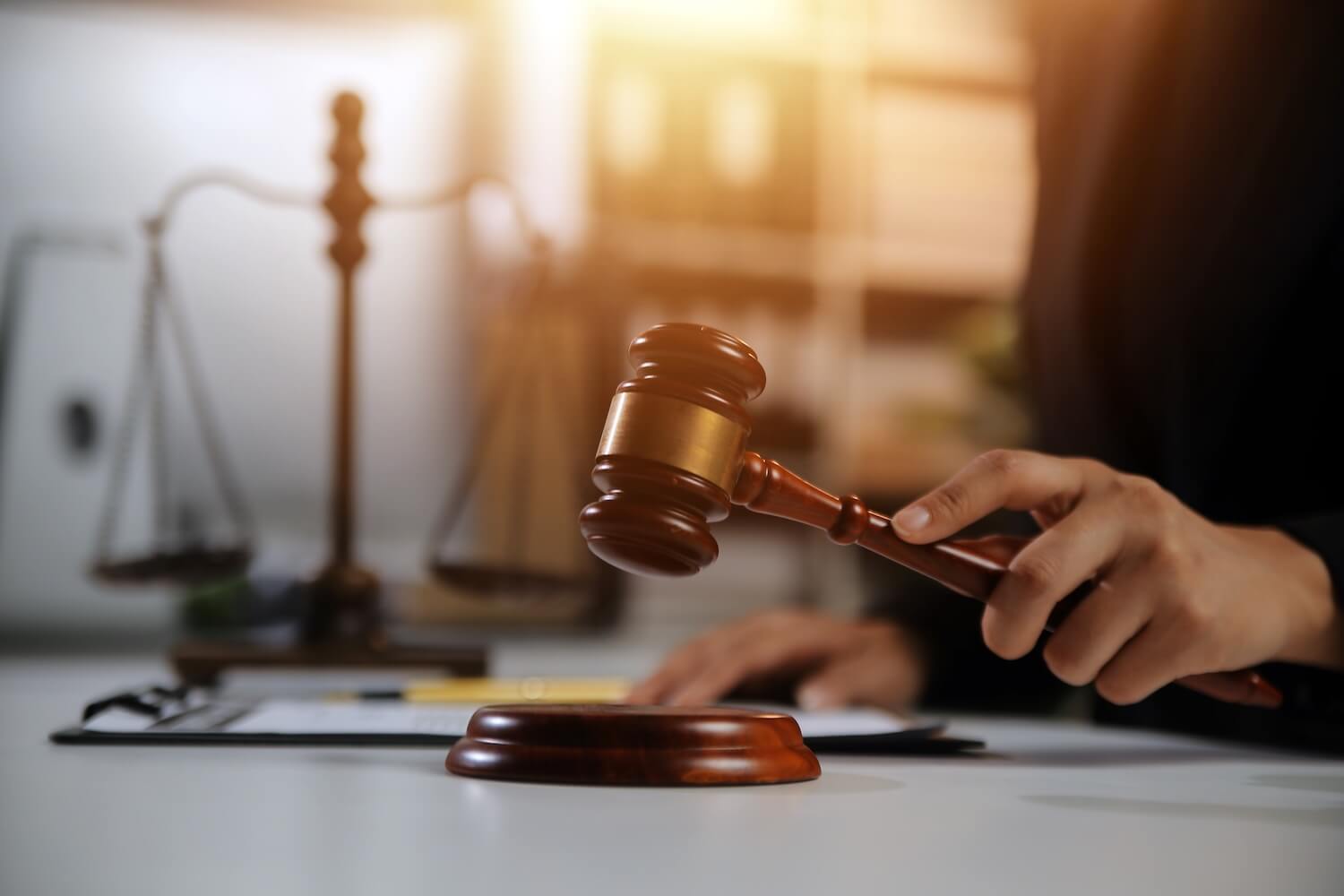Medical Expenses After a Car Accident: What You Can Recover

Written by Matthew Weidinger

After a car accident, medical expenses can quickly add up, leaving victims uncertain about what costs they can recover. Individuals involved in a crash can typically recover expenses such as hospital bills, doctor visits, physical therapy, and associated medical treatments if the accident wasn’t their fault. Understanding which costs are eligible is crucial for pursuing compensation effectively.
Medical expenses are just one part of the financial recovery process. Other related costs like prescription medications, future medical care, and even transportation to appointments may also be recoverable, depending on the case details.
Understanding Medical Expenses After a Car Accident
Categories of Medical Expenses
Medical expenses cover a broad range of charges. Common examples include:
- Hospital bills: Emergency room visits, surgery, and inpatient care.
- Physician fees: Consultations, diagnostics, and follow-ups.
- Rehabilitation and therapy: Physical, occupational, or psychological therapy.
- Medication costs: Prescriptions needed during recovery.
Additional expenses may involve mobility aids like wheelchairs, medical devices, and home care services. Each of these categories can accumulate quickly, underscoring the importance of accurately documenting all medical-related costs after an accident.
Immediate Versus Long-Term Costs
Immediate costs typically involve emergency treatment, diagnostic tests, and initial hospital stays. These are usually the most obvious and expensive upfront charges.
Long-term costs cover ongoing care such as physical therapy, medication, and possibly chronic pain management. These expenses can persist for months or years, especially if injuries cause lasting impairments.
Recognizing the difference helps ensure all medical expenses—both current and future—are included in any claim for compensation.
Recovering Medical Expenses: The Legal Process
Recovering medical expenses after a car accident requires a structured approach. It involves specific actions immediately following the crash, dealing directly with insurance companies, and understanding legal rights under Colorado law.
Essential Steps After a Car Accident
The first priority is securing medical treatment to document injuries. Calling emergency services ensures a medical record, which is critical for claims. Next, gathering evidence on the scene is vital. This includes photos, witness contacts, and a police report. These documents support the injury claim and clarify fault.
Filing a claim promptly with the at-fault party’s insurance protects recovery options. Keeping detailed records of medical bills, treatments, and related expenses strengthens the case.
Working With Insurance Companies
Insurance companies manage claims to limit payouts. Claimants should provide accurate medical records and expense receipts to avoid disputes.
Policyholders must understand the policy’s coverage limits and exclusions. Negotiations often require persistence and clear communication.
It is important to record all interactions. Written correspondence and notes from calls can serve as evidence if conflicts arise.
Legal Rights to Compensation Under Colorado Law
In Colorado, fault determines liability for medical expenses. The state follows a modified comparative negligence rule, reducing compensation if the injured party is partially at fault.
Claimants can recover reasonable and necessary medical costs related to the accident. This includes hospital bills, therapy, and future treatment expenses supported by medical evidence.
Statutes of limitations require lawsuits to be filed within two years of the accident date. Adhering to deadlines is essential to preserve legal claims.
Overcoming Challenges When Claiming Medical Expenses
Claiming medical expenses after a car accident often involves obstacles like insurance denials, delays, or lack of coverage. Navigating these issues requires understanding insurer tactics and planning for cases where the at-fault driver has insufficient or no insurance.
Addressing Insurance Denials and Delays
Insurance companies frequently deny or delay payment to minimize their payout. Common reasons include disputes over the extent of injuries, claims filed past deadlines, or alleged policy exclusions. To counter these issues, claimants should:
- Document all medical treatments thoroughly with invoices, reports, and doctor statements
- Submit claims promptly and follow up regularly to prevent avoidable delays
- Request written explanations for any denial to identify dispute points
- Consider legal counsel when denials appear unreasonable or bad faith tactics are suspected
Persistence and detailed records reduce the risk of losing legitimate medical expense claims due to insurer tactics.
Handling Underinsured and Uninsured Motorist Situations
When the at-fault driver lacks sufficient insurance or has none, recovering medical expenses becomes more complex. Many states allow victims to claim through their uninsured/underinsured motorist (UM/UIM) coverage. Key steps include:
- Reviewing personal auto insurance policies for UM/UIM coverage limits and conditions
- Filing a UM/UIM claim promptly after confirming the other driver’s coverage status
- Keeping detailed medical and accident documentation to support the claim
- Exploring settlement negotiations or legal action if the UM/UIM carrier disputes the claim or offers low compensation
Without UM/UIM coverage, victims may need to seek compensation through personal assets or government victim funds, which often requires additional legal assistance.

Protecting Yourself From Financial Hardship After an Accident
Recovering from a car accident can bring unexpected medical bills and insurance issues that cause financial strain. Addressing these challenges requires understanding how to manage medical expenses, insurance claims, and the value of professional legal assistance.
Navigating Medical Billing and Insurance Policies
Medical bills following an accident often come from multiple providers, each with different payment demands. Patients should request itemized bills to verify charges and identify any errors or duplicates.
Insurance policies vary widely; understanding the limits, deductibles, and coverage types is crucial to determine what expenses will be covered. Keep a detailed record of all medical treatments and payments.
Contact insurance companies promptly, but avoid agreeing to settlements without review. Knowing policy terms can prevent underpayments or denials.
Importance of Legal Support
Legal professionals help assess the true value of medical expenses, including current and future costs. They review treatment records thoroughly to identify all compensable damages.
Attorneys negotiate with insurance adjusters to ensure fair settlements and can initiate litigation if companies act in bad faith. This support is essential to protect claimants from accepting insufficient offers.
Legal representation also guides clients through complex paperwork and deadlines, reducing the risk of losing compensation due to technical errors.
Smith & Weidinger PLLC’s Unique Approach
Smith & Weidinger PLLC emphasizes a detailed evaluation of medical records and expenses to build strong, evidence-based claims. Our team develops tailored strategies for handling insurance negotiations to maximize recoveries.
We offer transparent communication, keeping clients informed at each stage. If litigation becomes necessary, we are prepared to pursue court action with thorough preparation.
This approach balances assertive advocacy with personalized client support, aiming to minimize our clients’ financial burdens after an accident.
Note: The information provided in this blog post has been compiled from publicly available and secondary sources. While we strive for accuracy, some details may become outdated or contain inadvertent errors. If you believe any information is incorrect or requires updating, please contact Smith & Weidinger so that we may review and make the appropriate corrections.
Disclaimer: This blog post is for informational purposes only and is not intended as a solicitation for business. The photo used is not from the scene of the incident described. Viewing this content does not create an attorney-client relationship with Smith & Weidinger. If you have been injured in an accident, please seek immediate medical attention and then consult with a qualified attorney to discuss your legal rights and options.










